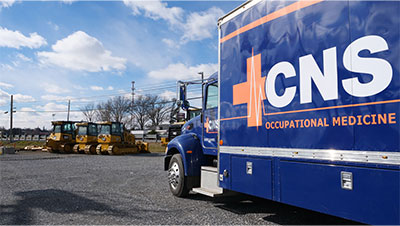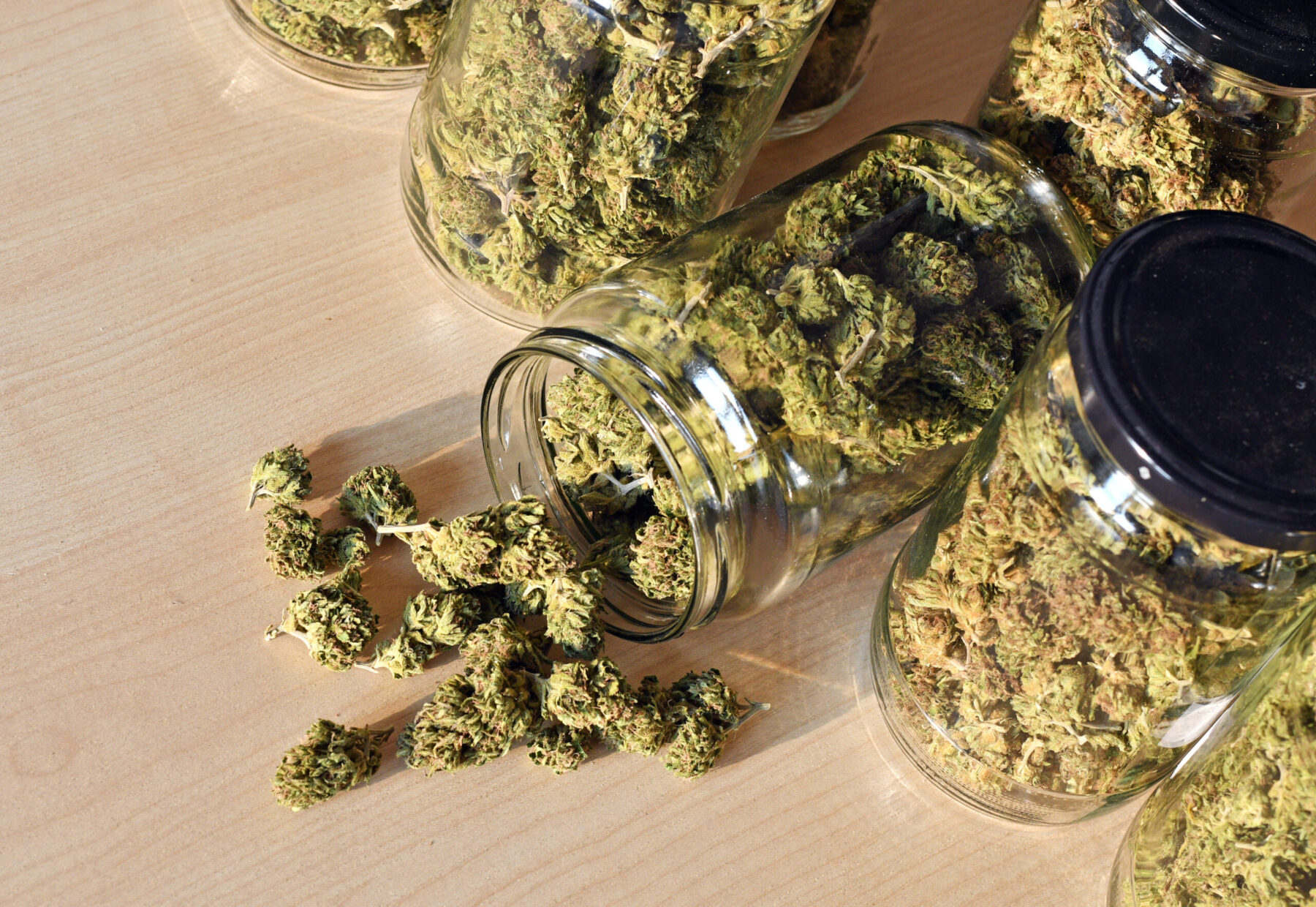Without the governor’s signatures, Delaware became the 22nd state to legalize marijuana. Pennsylvania is no closer to legalizing marijuana even though Democrats control both the House and governor’s mansion.
In May 2022, Delaware Gov. John Carney vetoed a bill to legalize possession of up to one ounce of marijuana by adults for recreational use, which was passed in the state’s House and Senate by fellow Democrats.
“I do not believe that promoting or expanding the use of recreational marijuana is in the best interests of the state of Delaware, especially our young people,” said Carney. “Questions about the long-term health and economic impacts of recreational marijuana use, as well as serious law enforcement concerns, remain unresolved.”
It was unclear whether Democratic lawmakers will try to override Carney’s veto, which has not been done successfully since 1977.
Now, a year later, there is much more pressure on the governor to sign two passed bills into law.
[Related: What Employers Need To Know About Marijuana Laws Passed in MD and MO]
Instead of signing the bills into law or vetoing the bills (again), Gov. Carney will let them become law without his signature to legalize recreational marijuana and decriminalize marijuana possession.
What changes immediately?
Immediately, adults over the age of 21 in Delaware can consume marijuana products in private without any threat of penalty.
Criminal penalties for having less than 28 grams of weed were removed in 2015, but under current Delaware law, someone with up to 28 grams of weed will receive a ticket and a $100 fine.
House bill 1 defines a quantity for personal use as one ounce or less of leaf marijuana, 12 grams or less of concentrated cannabis, or cannabis products containing 750 milligrams or less of delta-9-tetrahydrocannabinol.
This means if you get pulled over for speeding or any other traffic violation, you could have an ounce, clearly visible in a bag, sitting on the passenger seat, and police will not do anything.
Possession of more than a personal amount and public consumption would remain as unclassified misdemeanors.
When will adults in Delaware be able to buy recreational marijuana?
House Bill 2 will create a legal framework to regulate the growth, sale, and possession of marijuana and provide opportunities for small businesses to be licensed in these areas.
Adults 21 and older will then eventually be able purchase a personal use quantity of marijuana from a licensed retail store.
There will be 30 retail licenses available but will not be issued until at least August 2024.
There are many more questions to consider in this framework and more details will be provided in the coming months.
What will the marijuana tax revenue go towards?
House Bill 2 would regulate and tax marijuana similar to alcohol with a 15% tax levied on retail sales.
On top of this, 7% of the marijuana fee revenue will go toward a justice reinvestment fund.
This fund, administered by the Department of Justice, will:
- Facilitate grants, contracts, and services focused on restorative justice,
- Workforce development,
- Creating technology to assist with the expungement of criminal records, and
- Addressing underlying causes of crime and reducing drug-related arrests.
As House Bill 1 and House Bill 2 are implemented, Gov. Carney said the government will do everything in its power to:
- Protect children from accessing marijuana and marijuana-related products,
- Prevent Delawareans and Delaware visitors from driving under the influence of marijuana, and
- Closely evaluate the placement of marijuana dispensaries and other businesses to ensure they do not become a blight on already disadvantaged communities
What does not change?
Neither bill would change existing state law regarding driving under the influence of an illicit or recreational drug.
They will also not allow individuals to grow their own plants and public consumption of marijuana is still not permitted.
When it comes to the workplace, employers would still be permitted to require drug tests for workers to test for marijuana and ensure that any zero-tolerance policies are being followed.
They would also be able to discipline employees for being under the influence at work, as well as prohibit the consumption of marijuana at work.
CNS Occupational Medicine can help with customized policy development
Drug testing policies can be complicated and should consider:
- Purpose of the Policy
- Specimen Types
- Testing Procedures
- Prescription Drug Disclosure
- Federal Regulations (DOT)
- State Drug Testing Laws and Marijuana Laws
- Workers’ Compensation
- ADA
- Prohibited Conduct
- Consequences
Our Occupational Medicine Team can develop a custom workplace safety plan for your company. You may need a combination of services like physicals, COVID-19 testing, and drug testing, and you may also need these services performed on-site.
For more information, contact us at 800.551.9816 or info@cnsoccmed.com.










